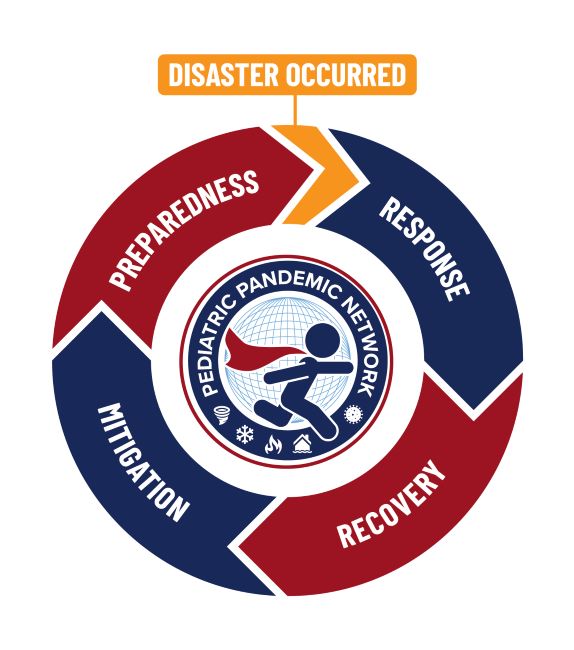Strong partnerships are key in identifying and implementing mitigation strategies. Partnerships should include collaboration among physicians, behavioral health clinicians (e.g., psychologists, social workers, and counselors), schools, and communities. Behavioral health clinicians are embedded within key settings such as the emergency department [ED], medical home, clinics, schools, and community mental health centers. This makes them poised to serve as liaisons between medical and school/community partners and to lead outreach, education, and training in mitigation.

